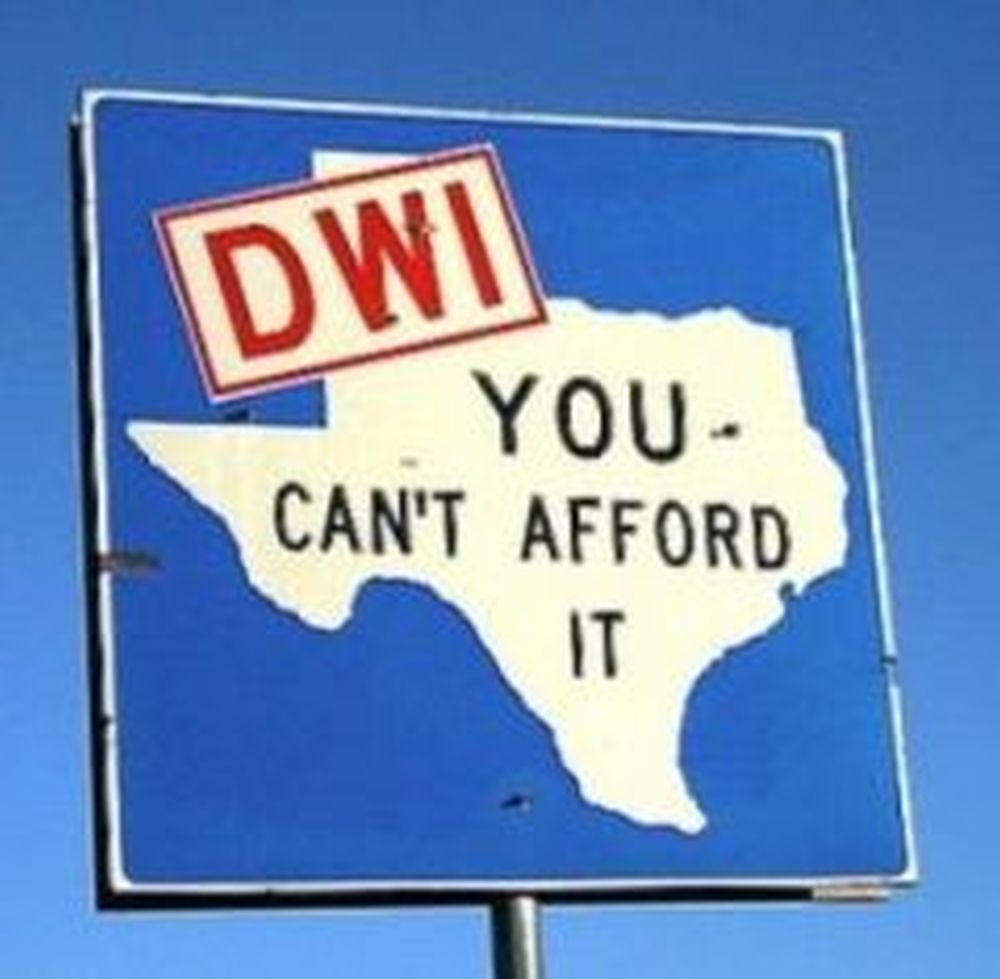When you choose to work with insurance agents, you're opening the door to a wealth of benefits that can greatly impact your coverage experience. These professionals offer tailored options that align with your specific needs, ensuring you don't miss out on opportunities for savings. Their expertise simplifies the often complex insurance landscape, guiding you toward informed decisions. But that's just the beginning; there are even more advantages that can enhance your financial security.
When you work with an insurance agent, you open up a world of tailored options and expert guidance that can greatly enhance your insurance experience. One of the most notable advantages is access to a wide variety of policies. Independent agents collaborate with multiple carriers, ensuring you have diverse choices that align with your specific needs. By evaluating your requirements, agents can recommend policies best suited to your situation, saving you time and effort in your search for coverage.
Moreover, these professionals excel in comparative analysis. They can present you with different insurance products, allowing you to weigh the pros and cons and make informed decisions. This level of customization means that your insurance plan can be tailored not just to your needs but also to your budget. With more options at your disposal, you gain financial flexibility, which is vital in today's uncertain economic climate.
Insurance agents provide comparative analysis, offering tailored options that align with your needs and budget, ensuring financial flexibility.
Personalized service and support are other key benefits of working with an insurance agent. Agents act as your advocates, particularly during the claims process when maneuvering through complexities can be stressful. By handling the intricate details, they reduce your anxiety, letting you focus on what truly matters. Building trusted relationships is a cornerstone of their work, and you'll find that ongoing communication enhances your experience. Additionally, insurance agents are essential for providing financial protection against unforeseen events, ensuring you are prepared for any challenges that may arise.
Whether you need emergency assistance or just have questions, your agent will be there to provide the help you need.
Cost savings are often an overlooked but essential aspect of working with insurance agents. They can find competitive pricing by comparing rates from various insurers, ensuring you get the best deal possible. Additionally, agents offer risk management advice that could lead to reduced premiums. Many insurers provide discounts for bundling policies, which agents can facilitate, maximizing your savings.
With their negotiation leverage, agents can also advocate for better terms on your behalf, making your insurance experience even more economical.
Time efficiency is another compelling reason to utilize an insurance agent. They streamline the process of finding and purchasing insurance, serving as a single point of contact for all your needs. This reduces your administrative burden considerably as agents manage the paperwork and facilitate quick updates to existing policies.
You'll appreciate the access to instant quotes from multiple insurers, allowing you to make faster decisions without the hassle of contacting each company individually.
Finally, the enhanced knowledge that agents bring to the table can't be overstated. They offer unbiased advice, leveraging their understanding of market trends and regulatory changes to inform your choices. By helping you analyze potential risks and educating you on various options, your agent empowers you to make better decisions regarding your coverage.
Ultimately, working with an insurance agent not only simplifies your insurance journey but also equips you with the tools and support needed to secure the best possible outcomes.
Conclusion
In the complex landscape of insurance, working with an agent is like having a seasoned navigator by your side, guiding you through turbulent waters. They illuminate the path to the best coverage, ensuring you're not just afloat but thriving. With their expertise, you can sail confidently, knowing you've maximized your protection and minimized your stress. Embrace the partnership with an insurance agent, and watch as they transform your insurance journey into a smooth voyage toward peace of mind.

